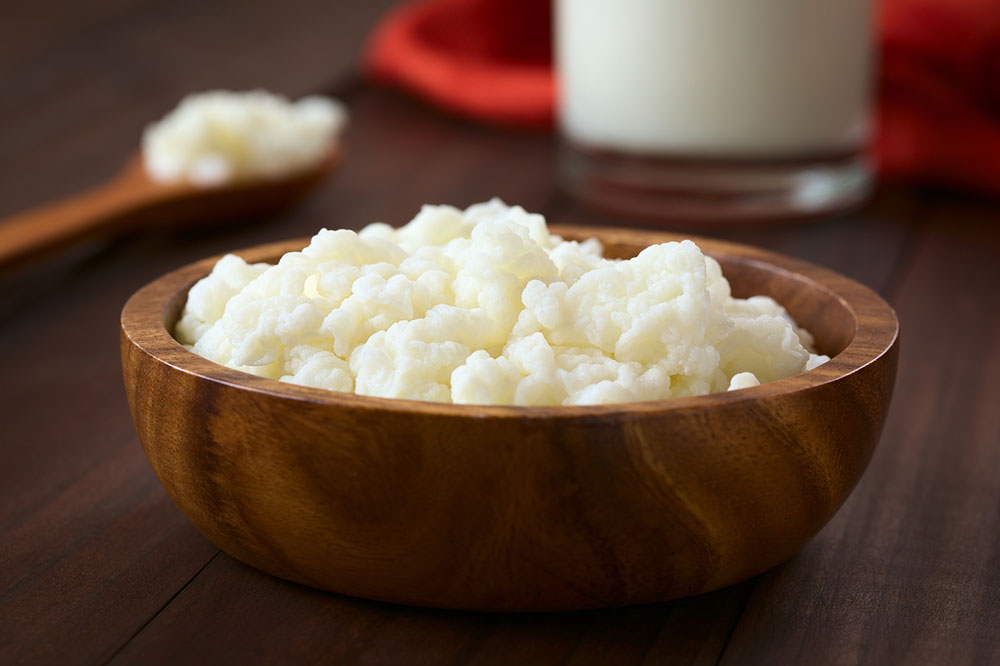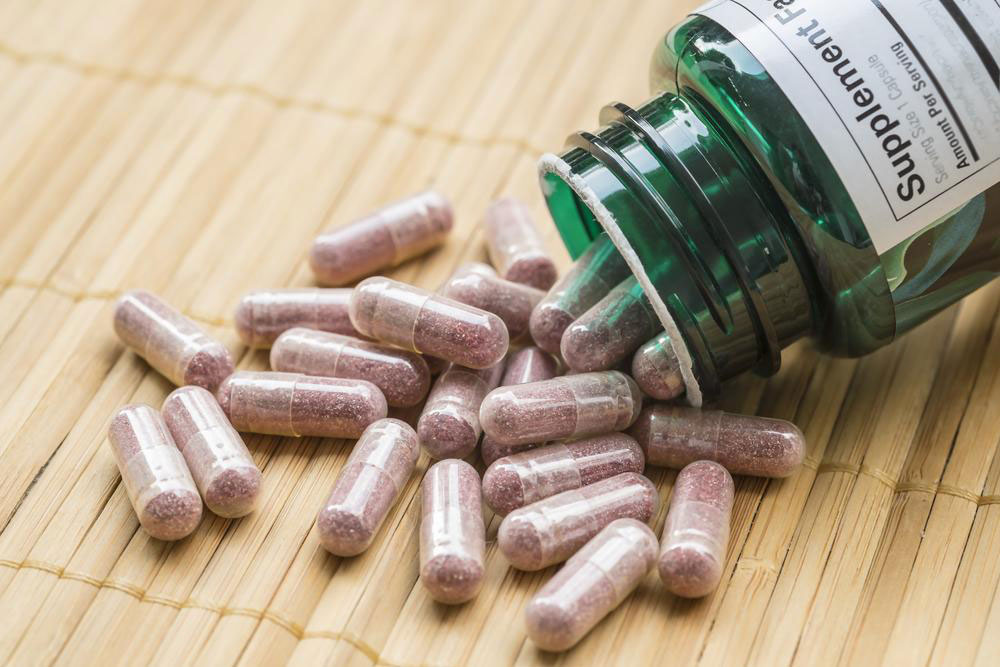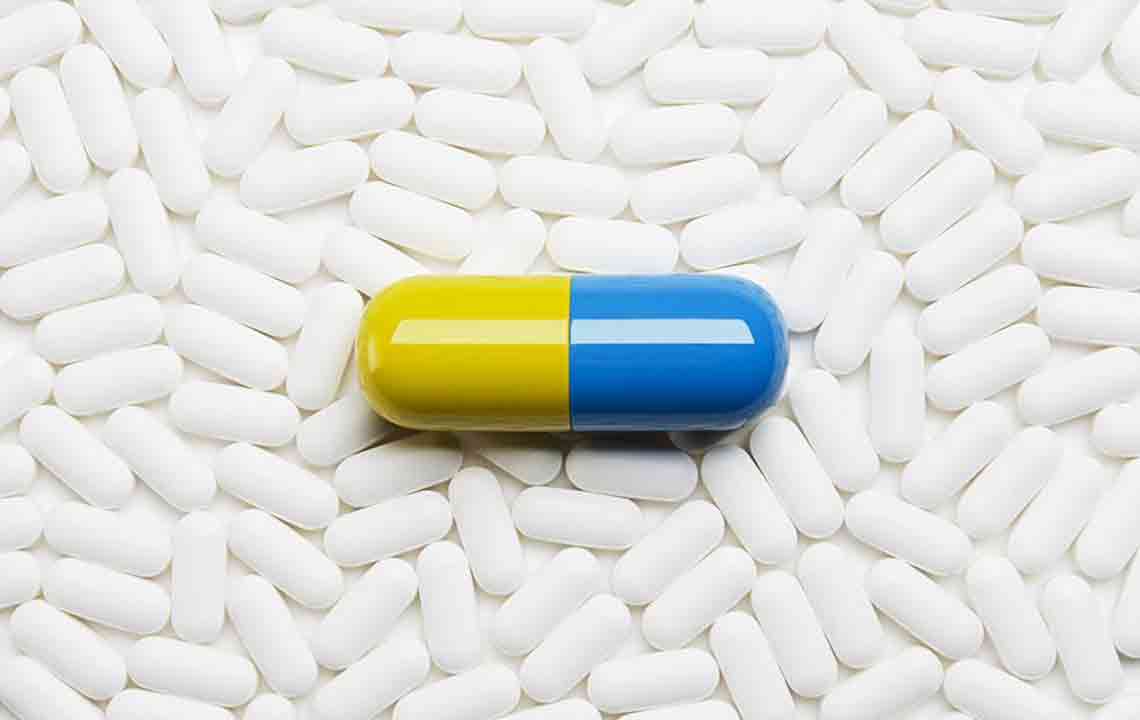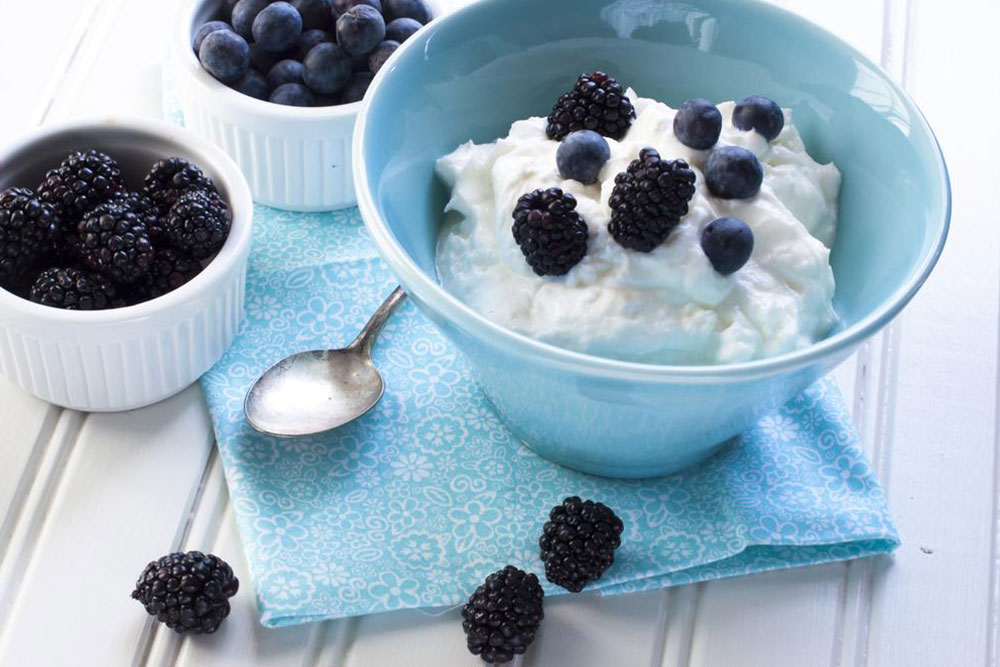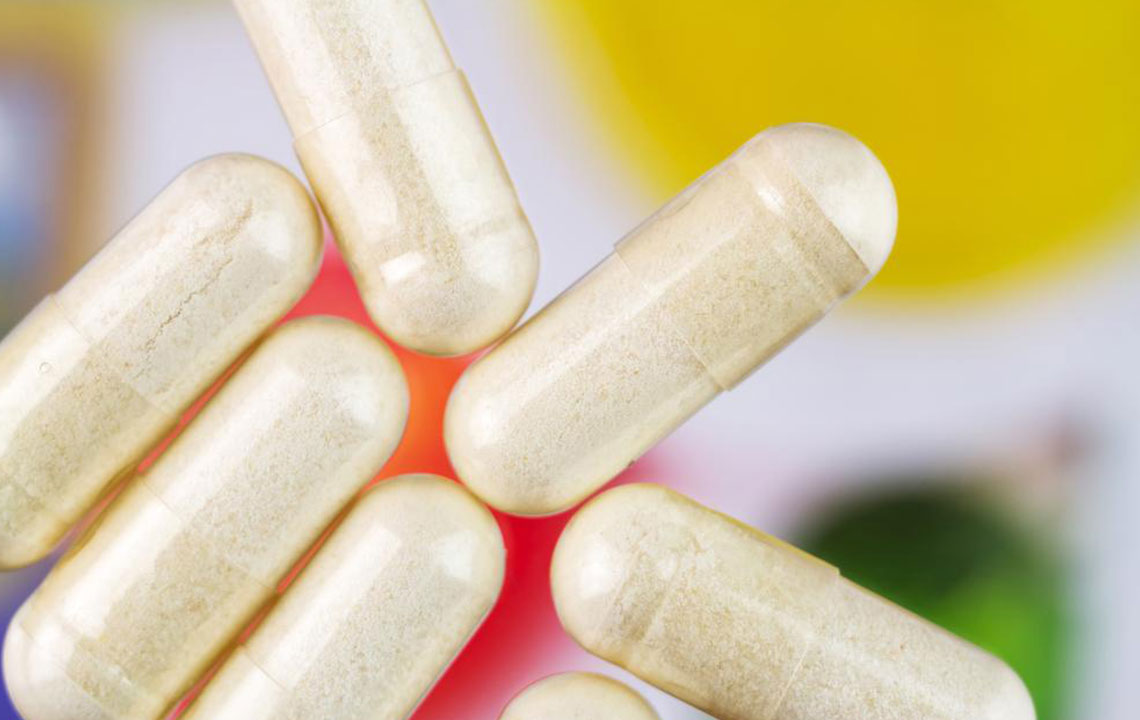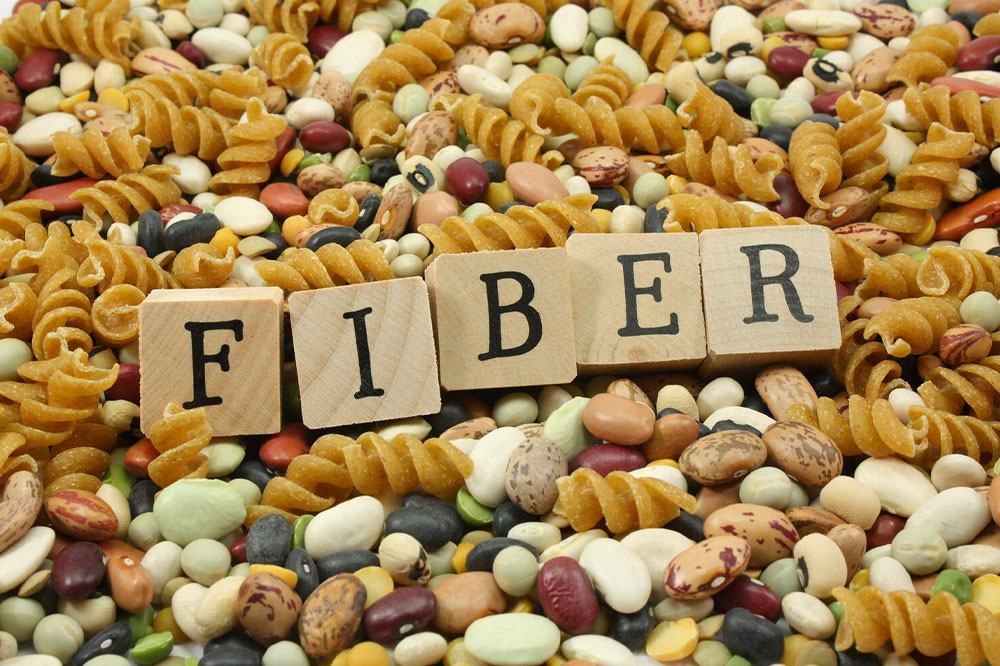Top Natural Probiotic Foods to Enhance Your Overall Health and Wellbeing
Discover the top natural probiotic foods that can significantly boost your immune system, improve digestion, and promote overall health. Our comprehensive guide highlights benefits, sources, and tips to incorporate probiotics into your daily diet for lasting wellness.
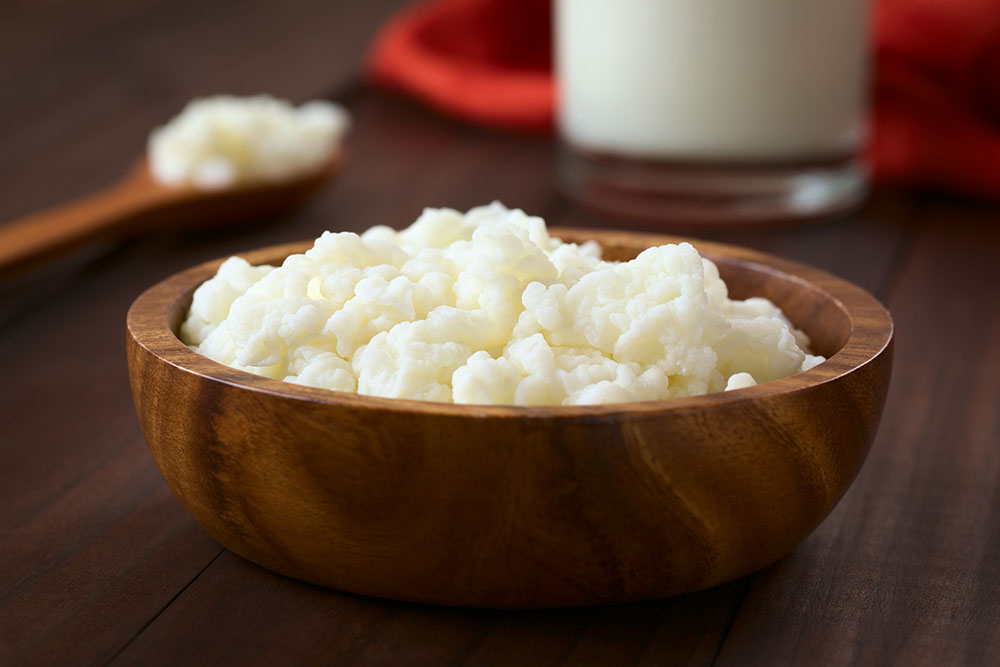
Top Natural Probiotic Foods to Enhance Your Overall Health and Wellbeing
In recent years, the importance of gut health has gained substantial recognition in the realm of wellness and medical research. Central to maintaining a healthy gut ecosystem are probiotics—live beneficial bacteria that support digestion, boost the immune system, and contribute to overall vitality. Incorporating a variety of probiotic-rich foods into your diet is a natural and effective way to improve health, prevent illnesses, and promote a balanced microbiome. This comprehensive guide explores the best natural probiotic foods you should include in your daily diet, the health benefits they offer, and how to integrate them effectively for optimal wellness.
Probiotics are microorganisms that, when consumed in adequate amounts, confer health benefits to the host. They play a key role in maintaining the delicate balance of bacteria in the gastrointestinal tract, which is critical for nutrient absorption, immune function, and mental health. Today, there’s a growing body of scientific proof indicating that consuming probiotic-rich foods can lead to fewer infections, healthier skin, better digestion, and increased energy levels. Let's delve into some of the most potent and delicious natural probiotic foods that can transform your health from the inside out.
Enhanced immune function
Better digestion and nutrient absorption
Healthier skin
Support for digestive health conditions
Increased vitality and energy
Understanding the Role of Probiotics in Your Body
Probiotics are beneficial bacteria that naturally inhabit your gut, helping to prevent the growth of harmful microorganisms. They balance the gut flora, which is essential for optimal digestion and immune defense. A healthy gut microbiome is associated with reduced inflammation, better mental health, and even improvement in skin conditions. Consuming probiotic foods also supports the production of vital vitamins, such as B-vitamins and vitamin K, and aids in breaking down complex carbohydrates and fibers.
Health professionals recommend integrating probiotic foods into your daily diet to harness these benefits. However, it's important to choose high-quality, minimally processed options and balance them with prebiotics, which serve as food for probiotics and help sustain their growth in your gut.
Top Natural Probiotic Foods to Include in Your Diet
1. Yogurt
Yogurt is one of the most well-known sources of probiotics. Derived from fermented milk, it contains live cultures such as Lactobacillus bulgaricus and Streptococcus thermophilus. When selecting yogurt, opt for plain, unsweetened varieties that specify “live and active cultures” on the label. Yogurt is not only rich in probiotics but also a great source of calcium, protein, and vitamin D. Regular consumption can improve your digestive health, strengthen your immune system, and contribute to bone health.
2. Kefir
Kefir is a fermented milk drink similar to yogurt but with a thinner consistency and a broader spectrum of probiotic strains. It contains numerous bacterial and yeast strains, making it an excellent choice for boosting gut flora diversity. Kefir is also easier to digest for those with lactose intolerance because of the fermentation process. Incorporate kefir into smoothies, cereal, or drink it directly for a quick probiotic boost.
3. Kimchi
Kimchi, a traditional Korean fermented vegetable dish, primarily made from cabbage or radishes, is packed with probiotics. It is rich in Lactobacillus bacteria and contains vitamins A, B, and C. Kimchi is also high in fiber, which promotes healthy digestion. Its spicy flavor enhances many meals, making it a tasty way to naturally increase probiotic intake.
4. Sauerkraut
Sauerkraut, fermented shredded cabbage, is another excellent probiotic food with a long history in European cuisine. It is loaded with beneficial bacteria, probiotics, and antioxidants. Choose unpasteurized sauerkraut to ensure the presence of live cultures, as pasteurization destroys probiotics. It can be added to sandwiches, salads, or served as a side dish.
5. Natto
Natto is a traditional Japanese food made from fermented soybeans. It’s characterized by a strong aroma and sticky texture, containing Bacillus subtilis bacteria. Natto is among the top sources of natural probiotics and offers a wealth of health benefits, including improved digestion and cardiovascular support due to its nattokinase enzyme. It’s often eaten with rice or added to soups and salads.
6. Tempeh
Tempeh is a fermented soybean product originating from Indonesia. Rich in protein, prebiotics, and probiotics, it supports gut health and enhances nutrient absorption. Its firm texture makes it a popular meat substitute in vegetarian and vegan diets. Use tempeh as a feature in stir-fries, sandwiches, or salads to boost your probiotic intake.
7. Apple Cider Vinegar
While technically not a probiotic food, raw, unfiltered apple cider vinegar contains acetic acid and traces of probiotics from the fermentation process. It can aid digestion, stabilize blood sugar levels, and promote better gut health when used as a salad dressing or diluted in water before meals.
How to Incorporate Probiotic Foods for Maximum Benefits
Integrating probiotic foods into your diet should be done thoughtfully. Here are some tips:
Start with small servings to allow your gut to adapt.
Combine different probiotic foods for a diverse microbiome.
Pair probiotics with prebiotics such as garlic, onions, bananas, or whole grains to support the growth of beneficial bacteria.
Prefer unprocessed and minimally pasteurized products to preserve live cultures.
Remember, consistency is key. Including a variety of probiotic-rich foods regularly will nourish your gut health and enhance your immune system over time.
Precautions and Considerations
While probiotic foods are generally safe for most people, some individuals with compromised immune systems, severe illnesses, or specific health conditions should consult healthcare professionals before making significant dietary changes. Certain probiotic strains may cause mild digestive discomfort initially. Always pay attention to your body’s response and seek medical advice if you experience adverse symptoms.
Conclusion
Probiotic-rich foods are an easy, natural, and delicious way to enhance your health, support your immune system, and promote digestive wellness. Incorporating a diverse range of these foods into your daily diet can lead to lasting health benefits, increased vitality, and a happier gut. Remember to choose high-quality, minimally processed options, and balance your probiotic intake with prebiotics to maintain a thriving microbiome. Prioritize your gut health today and enjoy the numerous benefits that come with a balanced, probiotic-rich diet.
